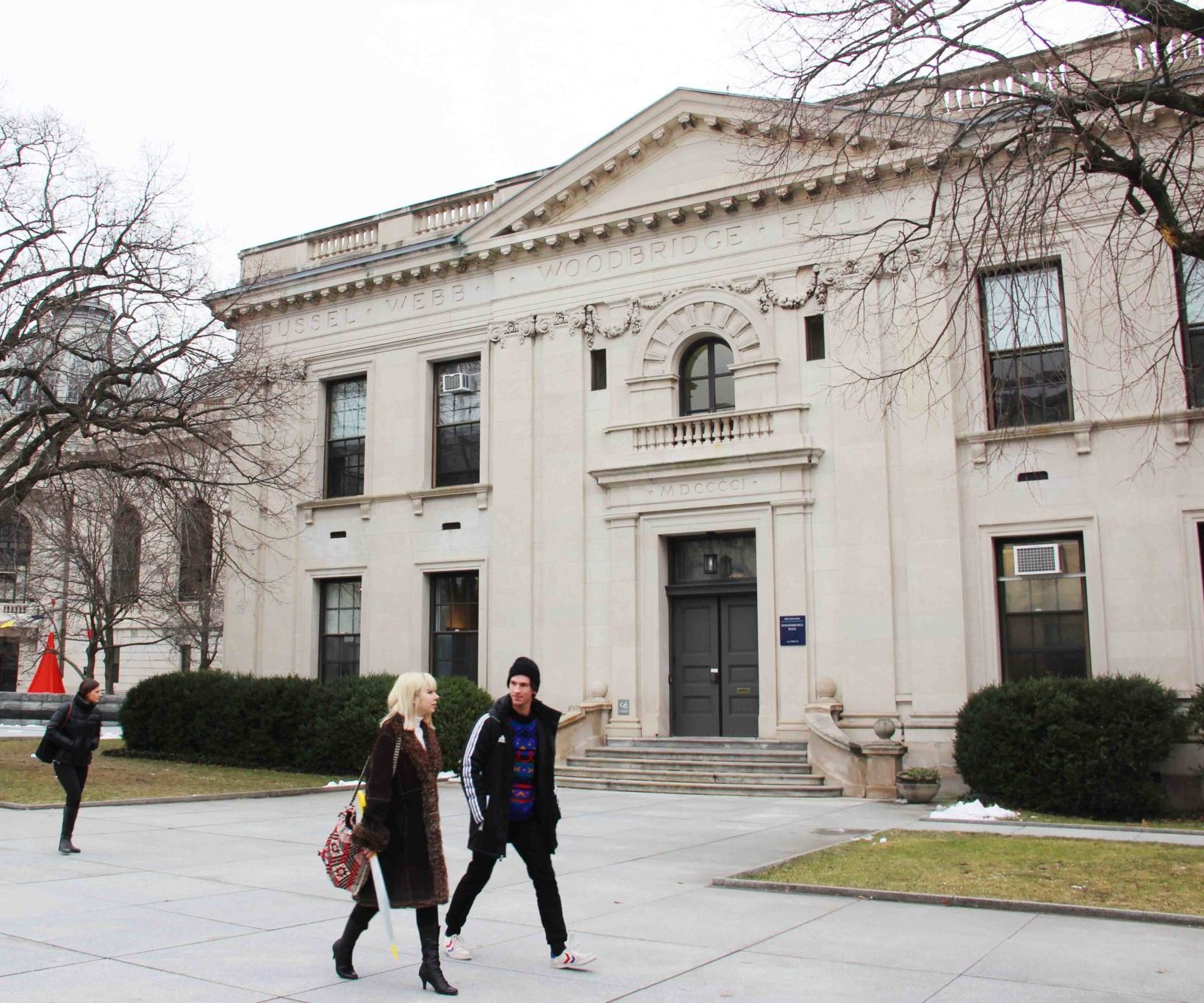
Schirin Rangnick
On Sept. 25, Yale filed a motion to dismiss a class-action lawsuit from Jon Michel ’22 that claims the University should partially refund tuition after switching to online classes for much of the spring 2020 term.
Yale’s motion was filed in U.S. District Court in Connecticut. It marks the University’s official response to the class-action suit brought against it in late July. In Michel’s original complaint, he alleged that the University breached its contract and was unjustly enriched by switching to online classes without refunding students’ tuition. But in its response, Yale claimed that courts cannot judge the academic experience a school offers.
“Put simply, no breach of contract arises simply because a plaintiff subjectively feels ‘that the education was not good enough,’” Yale’s response reads.
The University’s response comes in the context of courts across the country hearing numerous other cases similar to Michel’s, including lawsuits against Ohio State, Columbia and Brown. These cases foreshadow how the one against Yale may play out.
Now, Michel’s lawyers have until Oct. 16 to either amend their original complaint or file an opposition to Yale’s motion to dismiss the claim. Michel’s counsel is currently debating this decision, Yve Golan, one of the lawyers representing Michel, told the News.
After the deadline passes, Judge Janet C. Hall of the U.S. District Court for the District of Connecticut will decide whether there is a legal basis for the complaint, University Spokesperson Karen Peart wrote in an email to the News.
According to Golan, other Yale College and graduate school students have approached her firm to serve as class representatives to the suit against the University. The firm could add these students to an amended complaint, Golan said.
Michel’s suit concedes that Yale made the correct decision in switching to remote learning when the coronavirus pandemic hit, but claims that the Zoom-based classes were of lesser quality, and therefore worth less, than in-person education. Michel’s suit is on behalf of all undergraduate and graduate students who paid tuition to Yale in the spring 2020 semester.
The specific claims are that Yale breached its contract by not offering the full “Yale experience,” including in-person instruction and access to facilities, that students expect when they enroll. The lawsuit claims that Yale was “unjustly enriched” by keeping students’ tuition payments after offering them online classes, for which the University typically charges less.
However, University officials disagree. According to Peart, the University acted according to public health guidelines and refunded students for services they could not use.
“Yale acted to protect the community by moving quickly and effectively to online classes, which allowed students to complete the semester safely. Yale also provided students with prorated refunds for the room and board that they were unable to use,” Peart wrote in an email to the News. “Yale believes the lawsuit is legally and factually baseless, and it will offer a vigorous defense.”
In its response, Yale cited the case Gupta v. New Britain General Hospital. In this case, the Connecticut Supreme Court ruled that the court cannot pass judgment on the academic quality of a school. According to Yale’s response, Michel’s complaint asks the Court to judge whether Yale’s “educational experience” during the pandemic was “the same or just as good as” before.
“Plaintiff alleges that Yale’s decision to move classes online during the global pandemic breached its contract with students and unjustly enriched Yale,” the University’s motion reads. “Those claims fail at the outset because Connecticut law does not permit second-guessing how a university teaches its courses.”
To Michel’s “unjust enrichment” allegation, the University wrote that it provided students with an education and granted them course credit. Additionally, Yale incurred the usual costs of providing an education as well as additional costs to sustain educational offerings during the pandemic, the University’s motion reads.
In her opinion, Golan said, Yale’s response does not have merit.
“This is not an educational malpractice case,” Golan said. “This is, bottom line, a pure breach of contract case.”
She likened the situation to a gym temporarily closing during the pandemic and canceling membership fees.
“Now my gym has partially opened up but it doesn’t have as many classes as it did so it doesn’t charge me the full membership rate,” Golan said. “One party can’t unilaterally change a contract and make the other party still pay under the original terms.”
The University is represented by lawyers at Wiggin and Dana LLP.
Rose Horowitch | rose.horowitch@yale.edu







